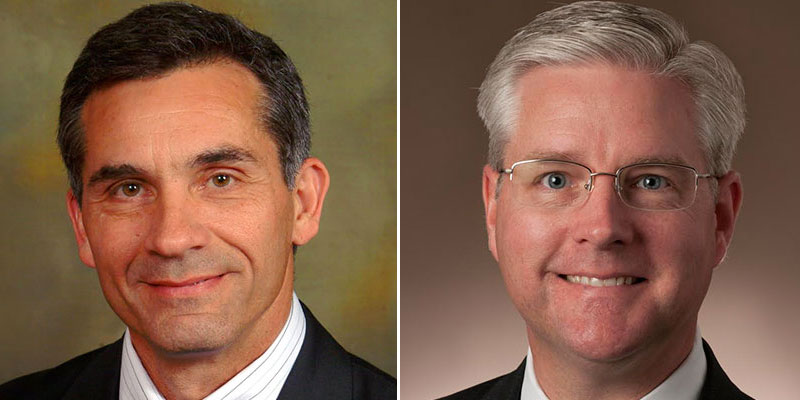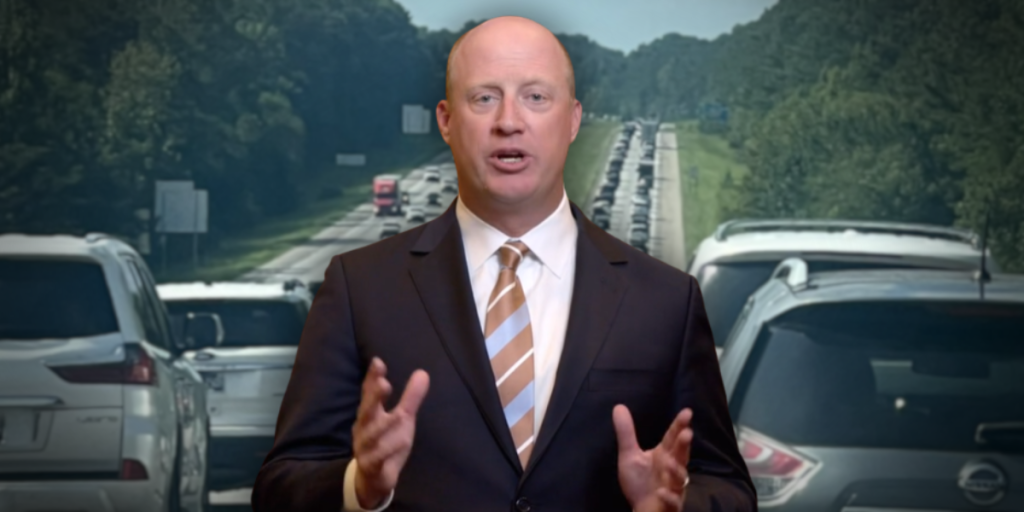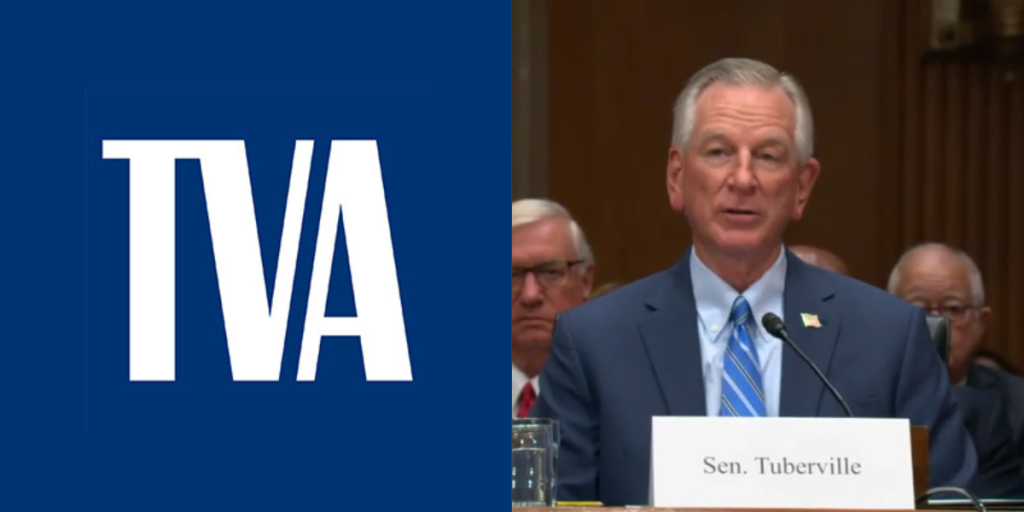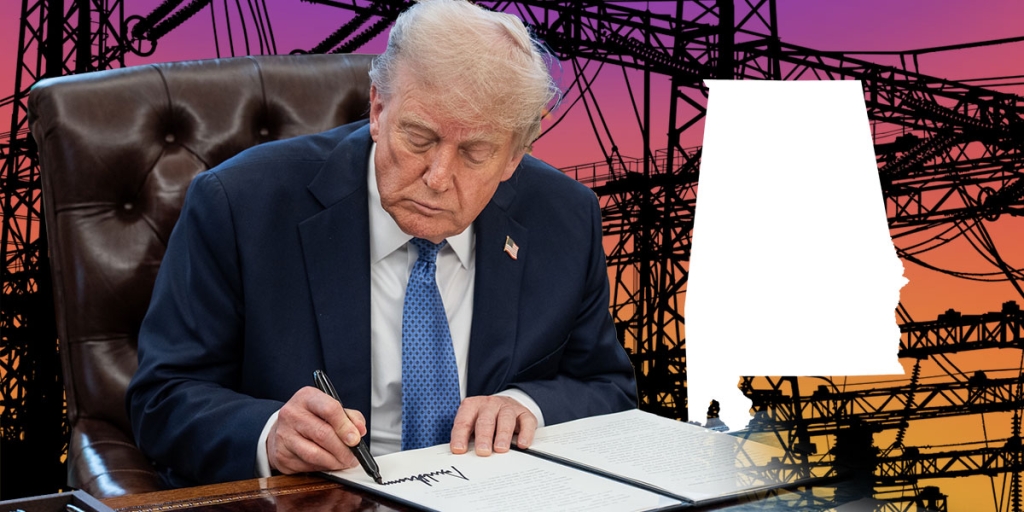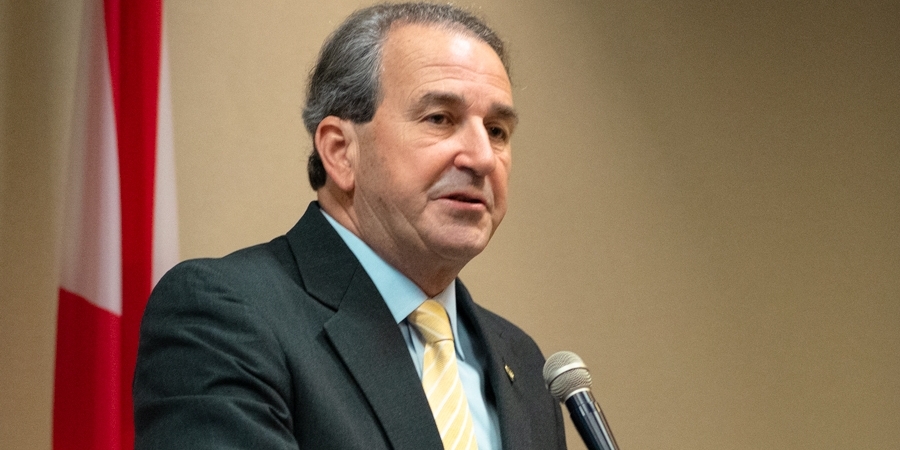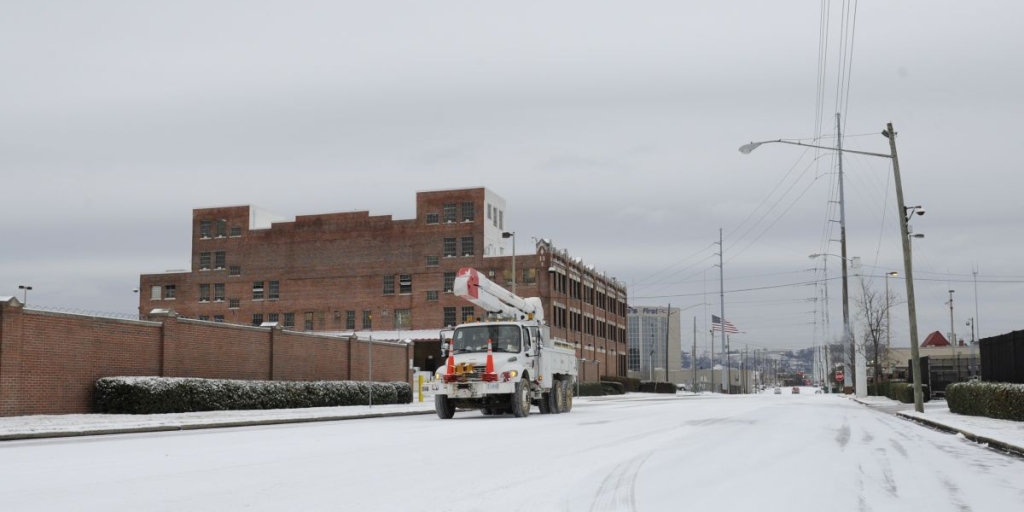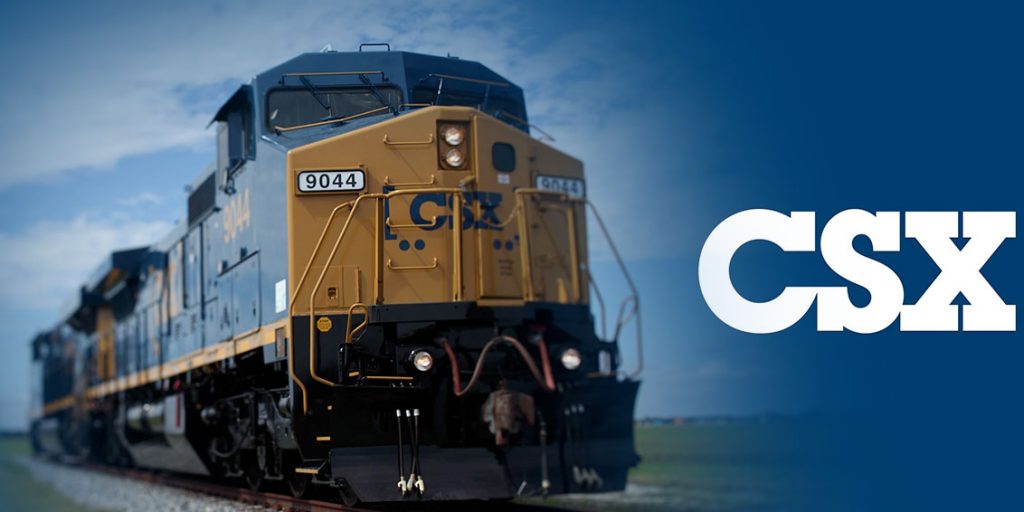Senate President Pro Tem Del Marsh (R-Anniston) and Senate Majority Leader Greg Reed (R-Jasper) recently sat down for a wide-ranging exclusive interview with Yellowhammer News, discussing the 2018 election cycle, the new composition of the Alabama Senate, the upcoming legislative session and everything in between.
In case you missed it, read the first part here. It examines the impressive electoral success that the Senate Republican Caucus experienced in 2018. Marsh and Reed outlined how their strategy was formulated, as well as how it was executed with precision.
The second part of this interview series begins to preview the upcoming session, which will be the first of the new quadrennium. The organizational session begins on Tuesday, with the regular session kicking off on March 5.
‘A lot of energy’
With the winds squarely at their backs coming off of historic election successes, Marsh and Reed are excited to continue advancing a conservative, pro-growth legislative agenda that will move Alabama forward.
The two Senate leaders believe that the composition of the chamber is impressive – and not just purely talking about party lines, even though a 27-8 supermajority certainly gives them a blank canvas to work with.
“A lot of great people chose to run, and they’re here and they’re excited and ready to go and do the state’s work. So, Greg and I are pretty excited,” Marsh said.
Reed responded, “We are excited. One statistical topic that I think is interesting for my caucus: We’ve got 27 Republican senators, and of those 27, there’s only four men that have served in this chamber more than eight years.”
Reed advised that with the large amount of newcomers and relative newcomers in the Senate comes “a lot of new ideas” and “a lot of energy.”
And, very importantly as well, there are enough veterans to provide institutional knowledge.
Marsh added, “It also goes to the point that generally every year you see term limit legislation offered, [but] you need to ask yourself, ‘Do you really need term limit legislation when you have this kind of turnover?’”
He continued to say that they had “a good healthy mix” of veteran legislators and fresh faces – Republicans and Democrats alike.
“There’s no two ways about it, you’ve got to have some veterans still there. I think we’ve got a good healthy mix of people based on their time of service. And I think it’s better for the state to have that mix we’ve got, like we have today,” Marsh outlined.
Quality vs. quantity
It is not just the people in the chamber that have Marsh and Reed excited. The state of Alabama has pressing issues that need to be addressed this legislative session, and the Senate leaders are eager to tackle them head on.
When it comes to setting the top of the Senate’s agenda, Marsh explained that prioritizing is key.
“We’re more interested in quality than quantity,” he summarized. “We have some big issues in the state that need to be addressed.”
Marsh added, “We’re going to be very focused on the key, big issues that affect the state in so many ways. I make it very clear [to the members of the Senate] – your issues are important, they’re going to be in the system, but we’re really going to focus and get these things done first.”
Infrastructure
First comes infrastructure when speaking about the “key, big issues.” It is the 2019 legislative session topic talked about most amongst the public right now, and the Senate leaders embrace this.
“We have been studying the infrastructure of the state for months – Senate and House members have been involved, stakeholders from cities, counties, schools – [and] we want to make sure at the end of the day that our roads are as safe as possible for citizens. We want to make sure that we have an advantage in economic development through what we can offer in infrastructure,” Marsh explained.
He continued, “We acknowledge – nobody can argue this – that it has been 26 years since there’s been an increase in revenue for our roads and bridges. 26 years. There was a flat number of a tax created 26 years ago in ’92, it’s not moved. You can’t argue [with the fact] that you have more people on the roads today, getting more miles to the gallon for what they pay into that tax. All of that, the simplest way I can put it, is if you took a job 26 years ago and haven’t had a pay raise, you’d be saying it’s time that something’s got to give.”
Marsh said they were looking at “all the pieces” involved in the infrastructure issue, including the funding formula involved and the revenue challenges brought on by ever-increasing automotive technology.
“At the end of the day, our goal is to make sure we have safe, adequate infrastructure. And we’ve got to ask ourselves, ‘What is it going to take to get there?’ We’ve got to make sure the citizens of this state understand all the facts. And from there, we’ve got to make some decisions,” Marsh summarized.
Reed built on that, saying that infrastructure falls into what he also considers a “holdover” issue – or something that they have been talking about addressing through legislation since at least last session without a solution becoming law. In his view, Governor Kay Ivey being supportive of specific issues will be a big boon to their respective chances of passing, because of her tremendous popularity and electoral mandate.
Reed considers infrastructure one of these issues that Ivey is strongly behind, which only gives him increased confidence of its passage when all is said and done.
“I think her leadership is going to be well respected by the state based on the overwhelming vote that she received from the citizens,” Reed advised. “And I know from having talked to her personally that the infrastructure topic is very important to her. And she recognizes from a safety perspective and an economic growth perspective, just a multitude of reasons, that that’s an issue we’ve got to look at.”
He continued, “How will that solve itself? How will it look? What are all the parts and pieces?”
Those answers, according to Reed, can only be determined through “the legislative process” playing out in March.
What next?
Infrastructure is certainly not the only major issue of 2019, with Marsh singling out education reform as being on par with its scope and importance. He also named sentencing reform as something he expects to be talked about seriously, while not necessarily saying that legislation would be spearheaded by the Senate leadership like infrastructure and education.
Additionally, Reed mentioned the state prison system, ethics reform, healthcare reform and workforce development as other pressing issues that will likely be discussed starting in March. And, of course, the legislature is likely to see a lottery debate.
Education reform will be the focus of the next installment in this interview series. Be on the lookout for Yellowhammer News’ follow-up article on exactly what this will entail.
Sean Ross is a staff writer for Yellowhammer News. You can follow him on Twitter @sean_yhn




